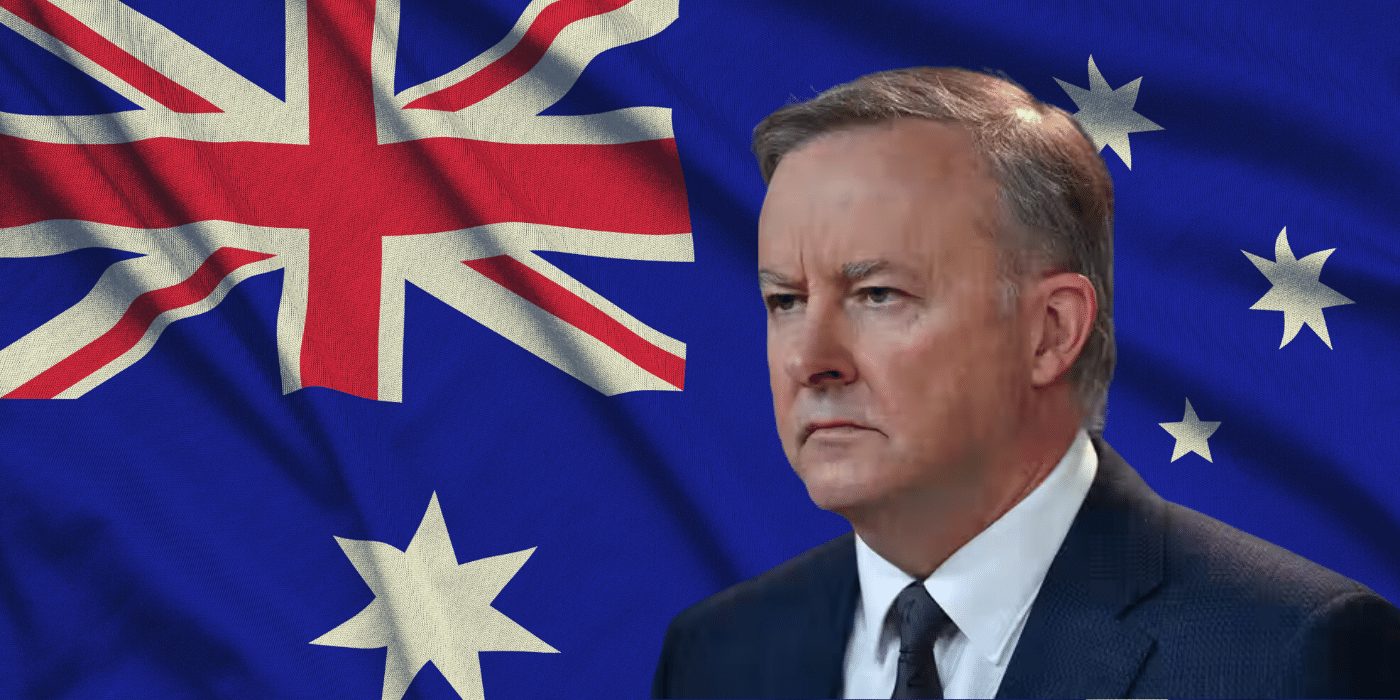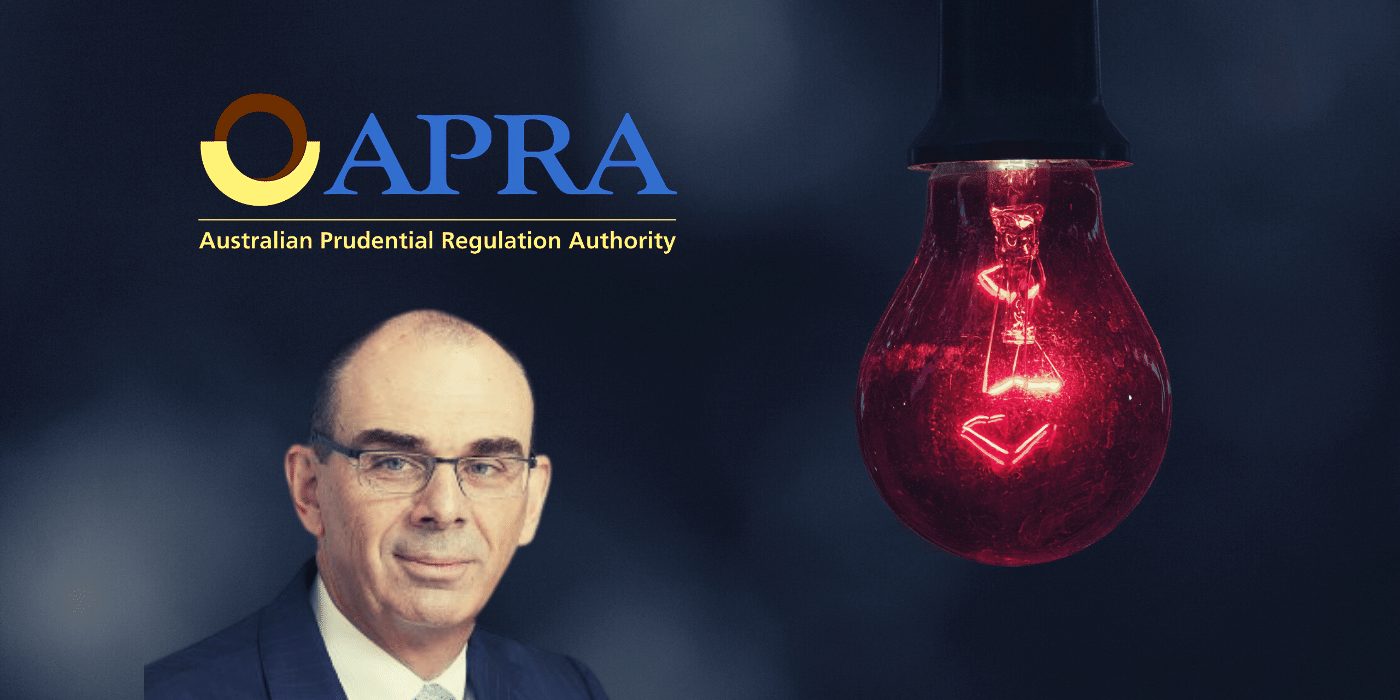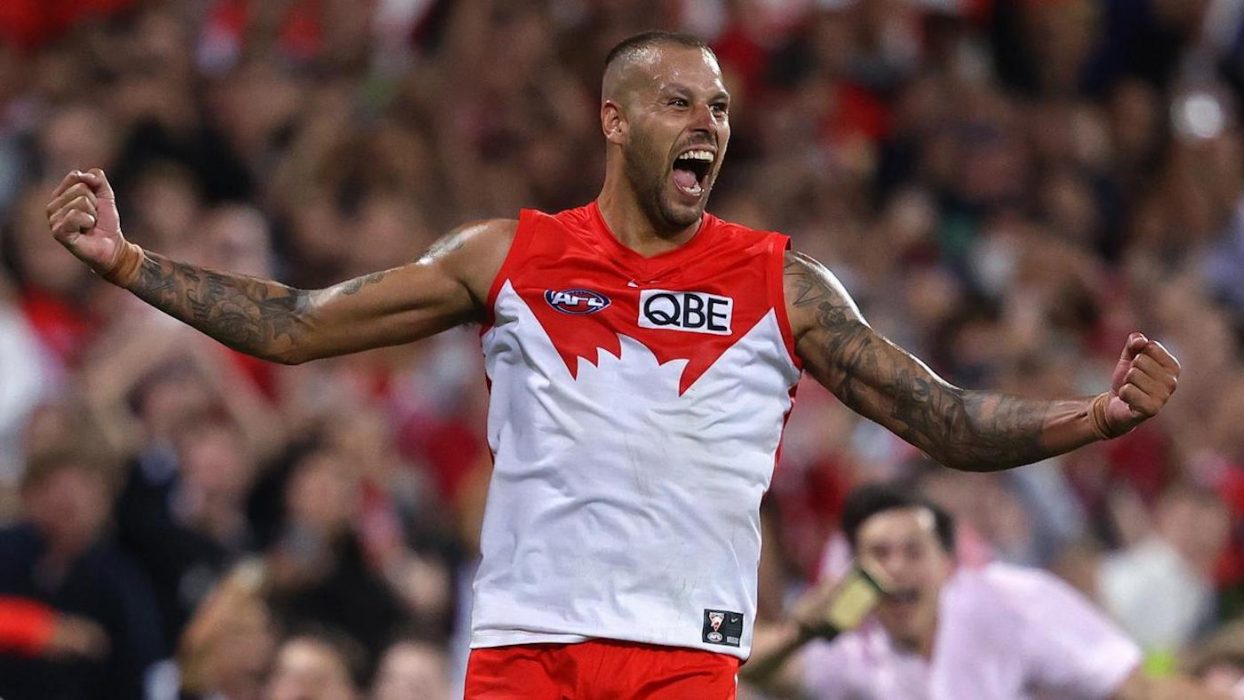The expansion offers higher liquidity and makes trading easier for users of all experience levels.
BTC.com.au, launched in 2018 as one of Australia’s first crypto trading platforms, has announced an expansion of its business model. Since its launch, BTC.com.au has been a Bitcoin-only focused service. But with its expansion, BTC.com.au will now serve as a full-fledged exchange giving traders access to today’s most popular tokens and serving as a one-stop trading platform.
By expanding its offerings, BTC.com.au aims to become the only exchange that those looking to buy, sell, and exchange crypto need. The platform has gone from being a Bitcoin-exclusive exchange to now boasting over 20 cryptocurrencies and growing weekly. The development team has focused on creating an easy ecosystem for crypto investors of all experience levels to use while ensuring the highest level of security.

In building its new platform, the BTC.com.au team has added new features and expanded the capabilities of those previously enjoyed by its community. The user-friendly interface lets users buy and sell crypto faster without getting bogged down with slow-loading sites and complicated graphics. Faster payments are also a welcomed new feature, with an instant settlement protocol when users sell their crypto. Australian users also enjoy streamlined integration with select Aussie banks to make retrieving their funds easier. The team is also working on launching its BTC Earn program in the coming months, which will allow users to earn interest on their crypto holdings.

Since its inception, BTC.com.au has aimed to be at the forefront of the cryptocurrency sector. To continue to build on this mission, we have now expanded our exchange, creating the token offerings, services, and ease-of-use that will make it the only crypto platforms users need, especially our fellow Aussies.
Domenic Favaloro, COO BTC.com.au
Enhance Liquidity
The team has also focused on building deeper liquidity and faster execution times on trades. Users enjoy lower transaction rates, boosting their portfolio’s values while also having access to advanced funding options. BTC.com.au also allows investors to set up advanced orders with its state-of-the-art API, further putting users in control of their portfolios.
Custodial Service
With the platform’s growth, BTC.com.au is also pivoting from a non-custodial service to a custodial service, giving investors a secure digital location to store their funds. To protect users’ funds, the team has built its wallet to adhere to the strictest safety measures in the industry by utilising the top crypto and digital asset platform for institutions.
Local Support
As an Aussie company, BTC.com.au is also committed to keeping its support local to serve its Australian users better. The support team is located in BTC.com.au’s Sydney office and offers support driven by real people instead of bots or recorded messages.
To learn more and to sign up for the exchange, visit BTC.com.au.















